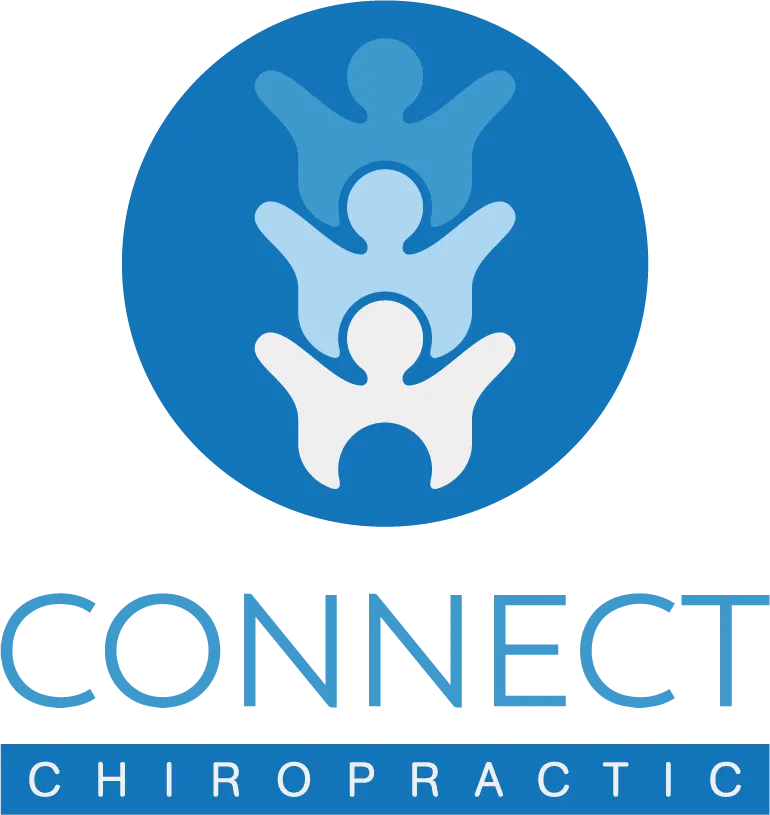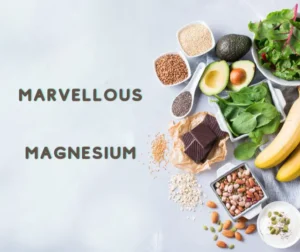
Did you know that 56% of Australians aged 18-64 are considered physically inactive? This means they do not participate in enough regular exercise to benefit their health.
Now you’re probably wondering how much exercise should we be doing? Research recommends that adults accumulate up to 5 hours of physical activity per week to prevent heart disease, stroke, diabetes and cancer.
Physical activity has many benefits on our body and mind:
Body
- Helps to manage body weight– A lack of physical activity is one of the leading causes of obesity. Exercise helps to boost your metabolism so you burn more of the energy we gain from food and prevent it from being stored as fat.
- Helps to reduce risk of or helps to manage Cardiovascular Disease – The heart is a muscle like any other in the body and regular exercise helps to strengthen it. As the heart becomes stronger it doesn’t have to work as hard to pump the same amount of blood out and around the body. This results in lower blood pressure. Exercise also improves blood circulation to help reduce the risk of developing clots and blockages in the arteries, preventing strokes.
- Helps to reduce the risk of or manage known Type 2 Diabetes– Muscles need to use blood glucose (sugar) to contract and move. Exercise helps to increase insulin sensitivity so the muscles are more efficient at using the sugar so there is less floating in your arteries. This also people avoid long-term complications of diabetes such as stroke and heart disease.
- Helps to build strong muscle and bone– As we age bone density decreases, which can lead to higher risk of injuries and falls. Exercising when you’re younger can help you reach peak bone mass to prevent this happening later in life. Exercise also increases the size, strength and capacity of our muscles to withstand more of life’s everyday challenges without damage or injury.
Mind
- Helps to boost mood– Exercise increases the production of serotonin and endorphins (the body’s natural feel good hormone), which help to decrease feelings of pain and create feelings of happiness and euphoria.
- Helps to improve memory and concentration– Exercise has been shown to stimulate an area of the brain called the hippocampus, which is responsible for memory and learning. Physical activity also increases heart rate which means more oxygen is flowing to the brain to help with the growth of new brain cells
- Helps to reduce stress and anxiety – There are both chemical and behavioural explanations as to how exercise can help reduce stress and anxiety. Behavioural factors contribute to how we feel about ourselves. As we exercise more, we lose weight, become more toned and maintain and healthy glow that helps to boost confidence and improve self-image. Participating in sports also promotes social interaction. Chemically when you’re stressed your body releases hormones adrenaline and cortisol. Exercise has been shown to decrease levels of these hormones and replace them with mood boosting hormones serotonin and endorphins.
- Helps to sleep better – When we exercise the body’s core temperature is raised, but when temperature drops back it promotes feelings of being tired. Exercise also helps improve insomnia by decreasing feelings of arousal and anxiety.






